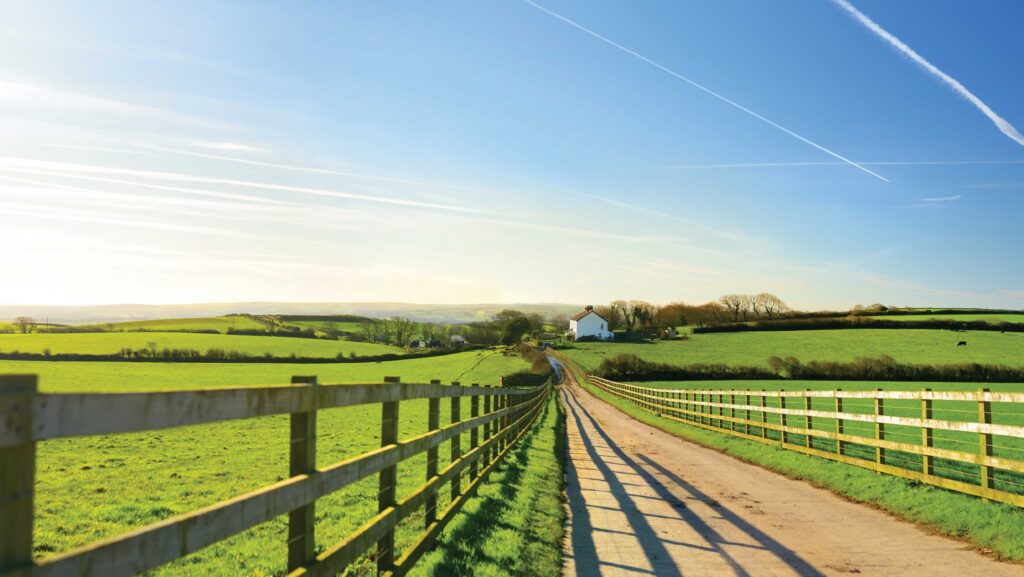Editor’s View: Difficult decisions being taken in arable sector
 © Adobe Stock
© Adobe Stock Writers of editorial columns akin to this one are forever on the lookout for reasons to be gloomy and I frequently find myself on guard against it.
Doom-soaked forecasts of a summer of rage crater their way across the news every spring.
And as the nights start to draw in, the trend turns to predictions of a lean, mean Christmas for one reason or another – such as the mutterings of a festive butter shortage I spotted recently in another publication.
In unsurprising news this week, the Met Office said the summer of 2025 was almost certainly the UK’s hottest on record, with a mean temperature above 16C for the first time.
See also: Cereals host revamps farm for long-term survival
For much of our history, the sort of summer we have just experienced would have caused far greater anxiety as citizens contemplated whether a meagre harvest would see them through the even leaner months ahead.
Few barns burst with grain and many livestock have had an early reacquaintance with a ring feeder or a trough, as grass has been grazed down to dirt and bleached.
Yet outside of farming circles, an eerie peace still lies across the land, thanks to the miracle that is modern trade – which can bring in staggering amounts of food from areas in surplus.
But this global abundance means farmgate cereal prices are on the floor and, as growers contemplate their annual gamble that is the act of pushing a seed into the ground, the odds against them have scarcely felt bigger.
While I am eternally on the hunt for the silver lining, it feels very difficult to predict anything but a tough winter ahead for our arable sector – both farmers and the supply chain wrapped around it.
The signs of losses being nursed are already apparent, with the parent company of Rea Valley Tractors becoming the latest machinery dealer to report financial difficulties by giving notice to appoint an administrator on 20 August.
In other news this week, grain trader ADM Agriculture posted a startling pre-tax loss of £7.9m for the year ending 31 December 2024 – although as just one subsidiary of global giant Archer Daniel Midland Company, there is no suggestion it is facing trading difficulties.
The only sector with any growth appears to be on-farm auctions.
There are 15 currently listed online by Cheffins and 12 by Brown & Co – to pick but two agents – with many giving the euphemistic “change of farming policy” as the reason.
But perhaps the most prominent farmer to be shaking things up so far is this year’s Cereals event host Andrew Ward, who has gone public this week with his reasons for giving up in-hand farming, including a perfect storm of low prices and dwindling government support.
His decision to speak publicly about what many will be trying to do as discreetly as possible is to be welcomed.
Yet there will be those who wrongly feel that downsizing in any way is a mark of personal failure.
This savage downturn in arable profitability is no respecter of scale, and those who are taking positive steps to ride out the storm and live to fight another day are to be admired greatly.

